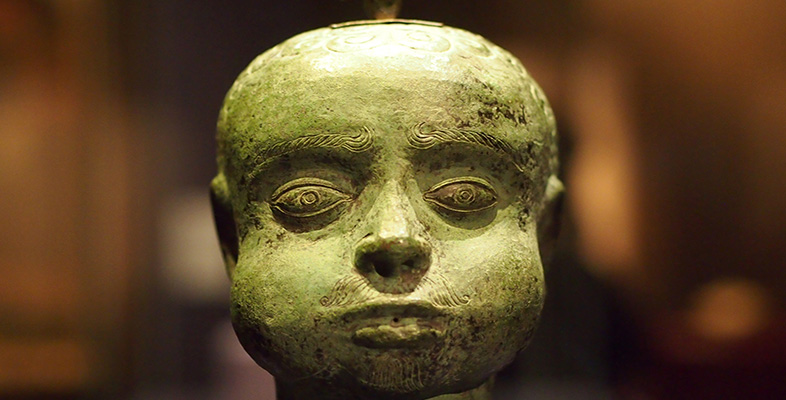7 Final thoughts
We deliberately chose a wide range of different initiatives to explore, to reflect the broad range of initiatives underway. And yet, as you have seen, there are common threads that run though all our examples, such as the representativeness of ‘public’ opinion and how outcomes input into policy making. A key issue that Reading 5 highlighted was the case for ‘upstream’ engagement, likely to involve a more all-encompassing and ambitious form of public consultation, able to influence far more than public safety issues alone.
What is certain is that public consultation, in this and other areas of policy making, is already a reality that has considerable political backing. Will a ‘tool-kit’ of reliable and proven techniques of consultation gradually emerge? Will scientists prove enthusiastic supporters of such exercises? Some scientists are concerned that with the passing of the ‘deficit model’, there is less emphasis on the contribution that scientific knowledge can and should make to decision making. Communicating accurate and readily-comprehensible information, in a non-partisan and sometimes one-way mode, be it from journalist or scientists, will surely continue to be crucial to the process. But the most exciting prospect, and one we hope you will follow well after your study of this course is ended, is how dialogue issues of this type play out in the years ahead, as part of evolving notions of science and citizenship.
